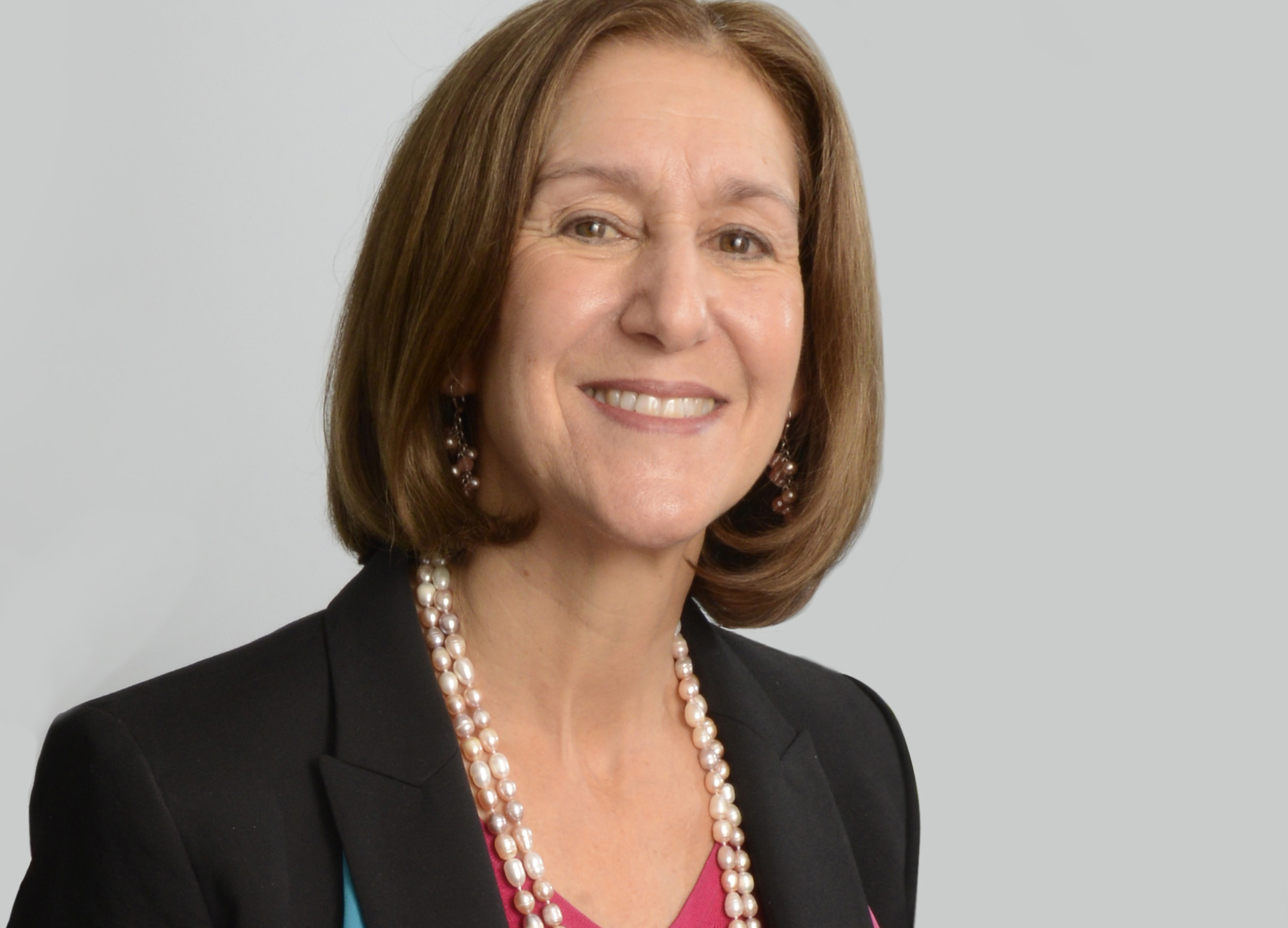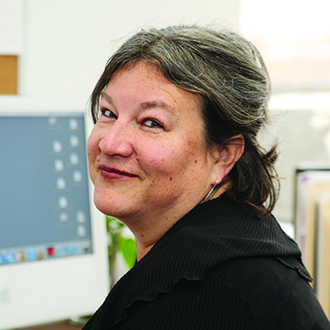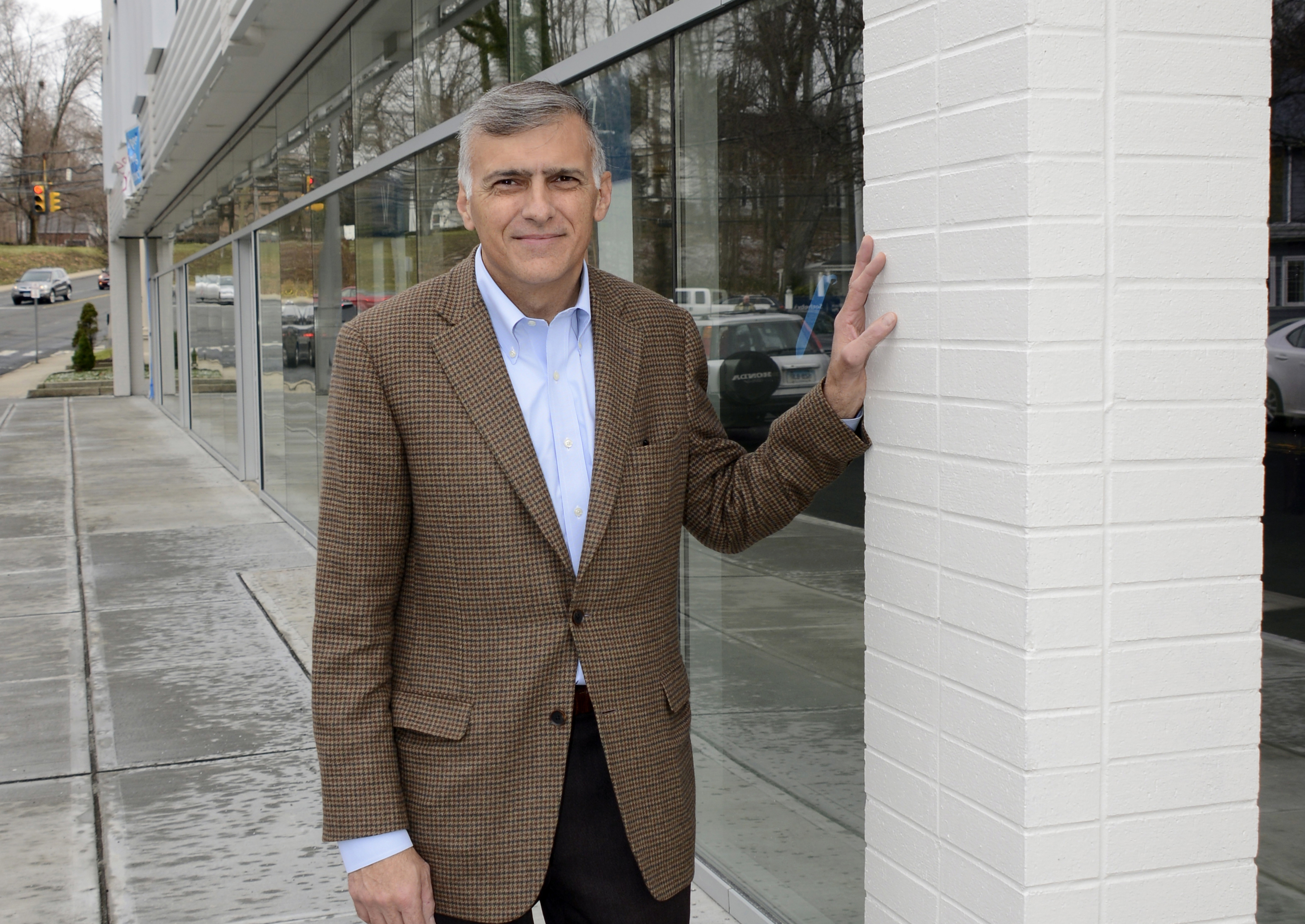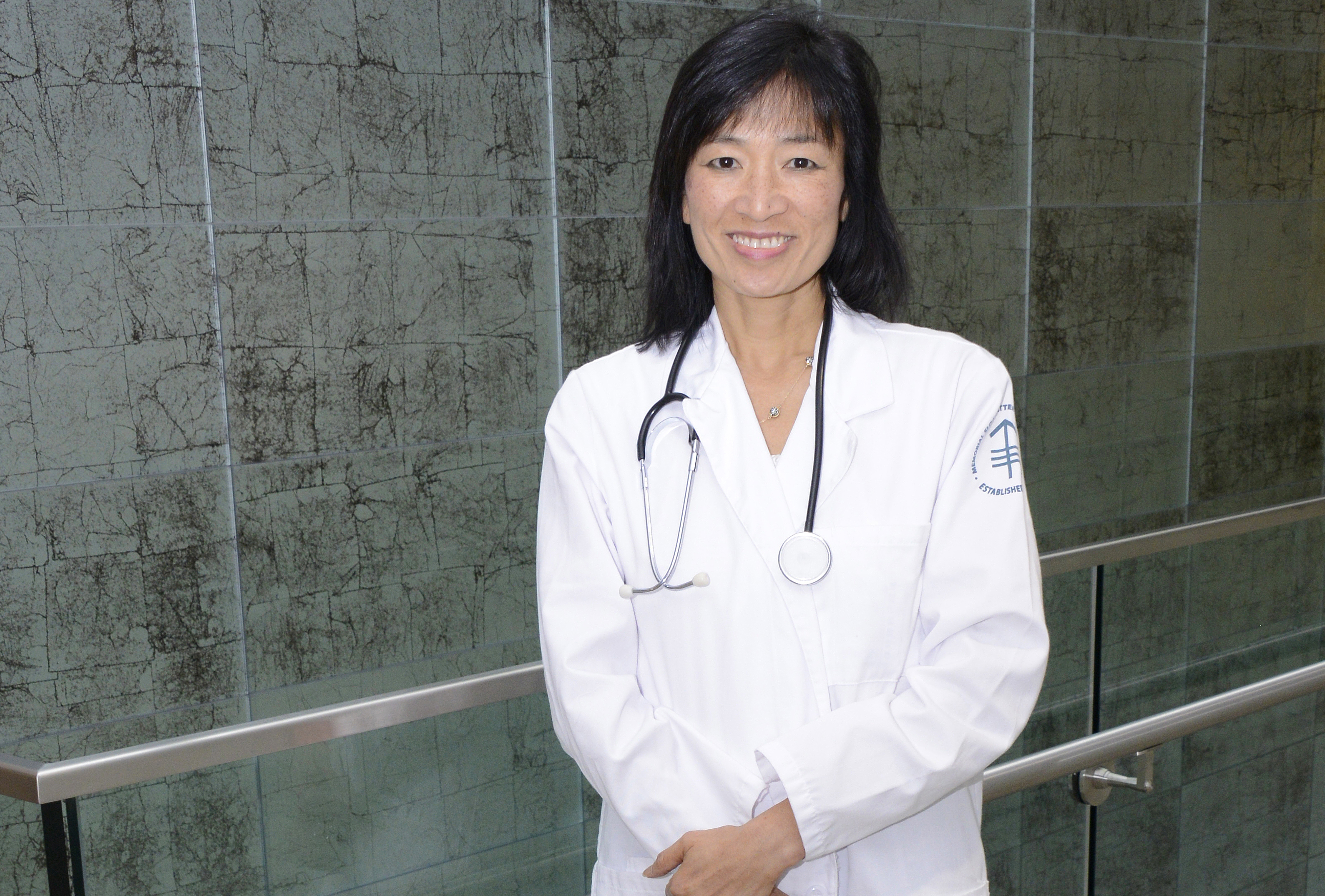It’s hard to miss the array of photographs of youngsters posted in the headquarters of Child First in Shelton.
And walking into Dr. Darcy Lowell’s office, a large image of an infant immediately catches the eye.
“Most of the pictures around are of our families, but that one is mine,” the founder and CEO says of her granddaughter, then just three days old.
Lowell using the term “our families” is a most telling choice of words, a window into the way she feels about the countless children who, along with their parents and caregivers, are served by the nonprofit organization.
Child First’s stated goal, “to intervene with children at the earliest possible time to decrease emotional and behavioral problems, developmental and learning problems, and abuse and neglect,” is accomplished through an innovative and intensive home-based model.
Identifying and working with the most vulnerable young children and their families, Child First is based on the principle that all families want the best for their children. It also recognizes that consistent, stable and nurturing parent-child relationships provide a solid foundation for mental health, cognitive and language development and physical health, a jump-start that remains with them throughout their lives.
Child First is also the means by which the veteran pediatrician – who has dedicated nearly 30 years to working with and for young children – continues her efforts.
FROM THE START
Lowell, also an associate clinical professor in the Department of Pediatrics and Child Study Center at Yale University School of Medicine, says her own childhood had a tremendous impact on her life.
She was born in New York City, a “daughter of a social worker and a lawyer.”
Her mother, Vivian Lowell, and father, Stanley Lowell – a onetime deputy mayor and chairman of the city’s Commission on Human Rights, “someone who had a real passion for social justice” – had a great influence on her life.
“I felt that I could do anything,” she says.
That included babysitting by age 10 and later graduating from New York City public schools and going on to Yale and then New York University’s School of Medicine.
“I always knew I wanted to work with children, and I always knew the important thing was relationships,” she says. She first considered becoming a child psychologist, then psychiatrist, wanting to do “something that was impactful. It was in my blood.”
Lowell would eventually choose developmental behavioral pediatrics and would start her career.
“I thought, as I was in the first class of women at Yale, that we could have it all. What I really learned is you can have it all, but you can’t have it all at the same time.”
For Lowell, when children came that meant stepping back from the so-called career track to focus on motherhood.
“I don’t think there’s any more important job than being a mother,” she says. “It’s not just the quality of your time but it’s about being there, with them. I wanted my kids to think back and say ‘She was always there.’”
Once the youngest of her three boys was midway through elementary school, Lowell returned to her career filled with firsthand experience.
“When I think back on my kids, I probably learned more from them, not only how to be a good parent but what are the essential elements of being a parent.”
Lowell, who lives in Weston, says she realizes she was in an enviable position, being able to step back from her career and then also to go into nonprofit work. She points to the career of her cardiologist husband Jay Meizlish – they met at Yale – for allowing her the freedom to pursue her passion.
“That has been a huge gift,” she says.
PUTTING CHILDREN FIRST
Spending time with Lowell, it’s more than evident how committed to her work she is.
She will reel off statistics and study findings, crediting pioneers in the field and Child First’s own track record.
Child First’s roots date back to 1995 when Lowell led a collaboration of early childhood service providers in Bridgeport who came together as First (Family, Interagency Resource, Support and Training) Team, an organization based out of Bridgeport Hospital.
“They allowed me to start this new program, gave us space and all kinds of in-kind support,” she says.
“What I was learning about, what was happening to our most vulnerable children, was the system was broken,” she says. While services might address a child’s problems, “when you actually looked beyond the child, you saw a family that was so stressed. … These were not parents who didn’t want to do it; they couldn’t.”
Throughout, there was a purpose.
“We’ve got to find out the core, the underlying issue of these problems,” and that planted the seeds for what would evolve into Child First.
CRYSTALIZING THE PLAN
It was a time of research and a new way of looking at the issues, with the First Team’s work evolving into Child First in 2001.
“People hadn’t thought about stress in the environment as toxins on the young brain,” she says.
The program is designed for children prenatal through 5 years old, primarily serving children with or who would be prone to emotional/behavioral or developmental/learning problems. The families served generally have multiple challenges, ranging from extreme poverty to maternal depression, domestic violence to substance abuse, or homelessness to incarceration.
Families work with a highly trained Child First team on a weekly basis. A clinician works on strengthening the parent-child relationship, while a coordinator strives to reduce the stressors in the home by connecting family members with needed community services.
As Lowell explains, when children are in highly stressful environments and lack nurturing that enables them to cope, they fall victim to what has been called “toxic stress” which can, literally, damage their brains both in the near and long term.
Early and intensive intervention is where Child First comes in – decreasing the stress on the child by helping the parent learn to cope and also helping them receive services that target the stressors themselves.
“Every time a child does something, behavior has meaning. It’s our job to understand what they are trying to communicate.”
Once established, Child First conducted its own progress studies.
“Once we had proof that this works, we had an avenue to go for funding,” Lowell says.
She points to pivotal support from the Robert Wood Johnson Foundation and other funders both public and private.
“We have lots of wonderful support from lots of wonderful sponsors,” she says, adding they make a “profound difference” in what Child First is able to do.
Today, Child First has 15 sites throughout Connecticut, through which 40 teams go into the field to serve 1,000 children and families a year. Child First has begun to roll out on a national level, with interest expressed by 25 states so far and Florida already signed on to implement the model.
“We’re both prevention and intervention,” Lowell says of the Child First efforts, which she takes to heart.
“In a way, it’s really a calling,” she says. “I don’t feel like I have a choice. Can I not do this? No. I have to see if we can make some real progress.”
Such commitment earned Lowell the Community Service Award in the inaugural Fairfield County Doctors of Distinction Awards program this past October (presented, in part, by the Fairfield County Business Journal, WAG’s sister publication).
Lowell, it should be noted, is dedicated but not single-minded.
“I also like to garden, and I like to dance,” she says with a laugh.
Still, it’s clear that children are never far from Lowell’s thoughts.
“I just love little people,” Lowell says. “They are, to me, absolutely fascinating.”
Giving them the chance to thrive, she says, is paramount.
“A child who feels loved and protected and nurtured, they can do anything.”
For more, visit childfirst.com.





